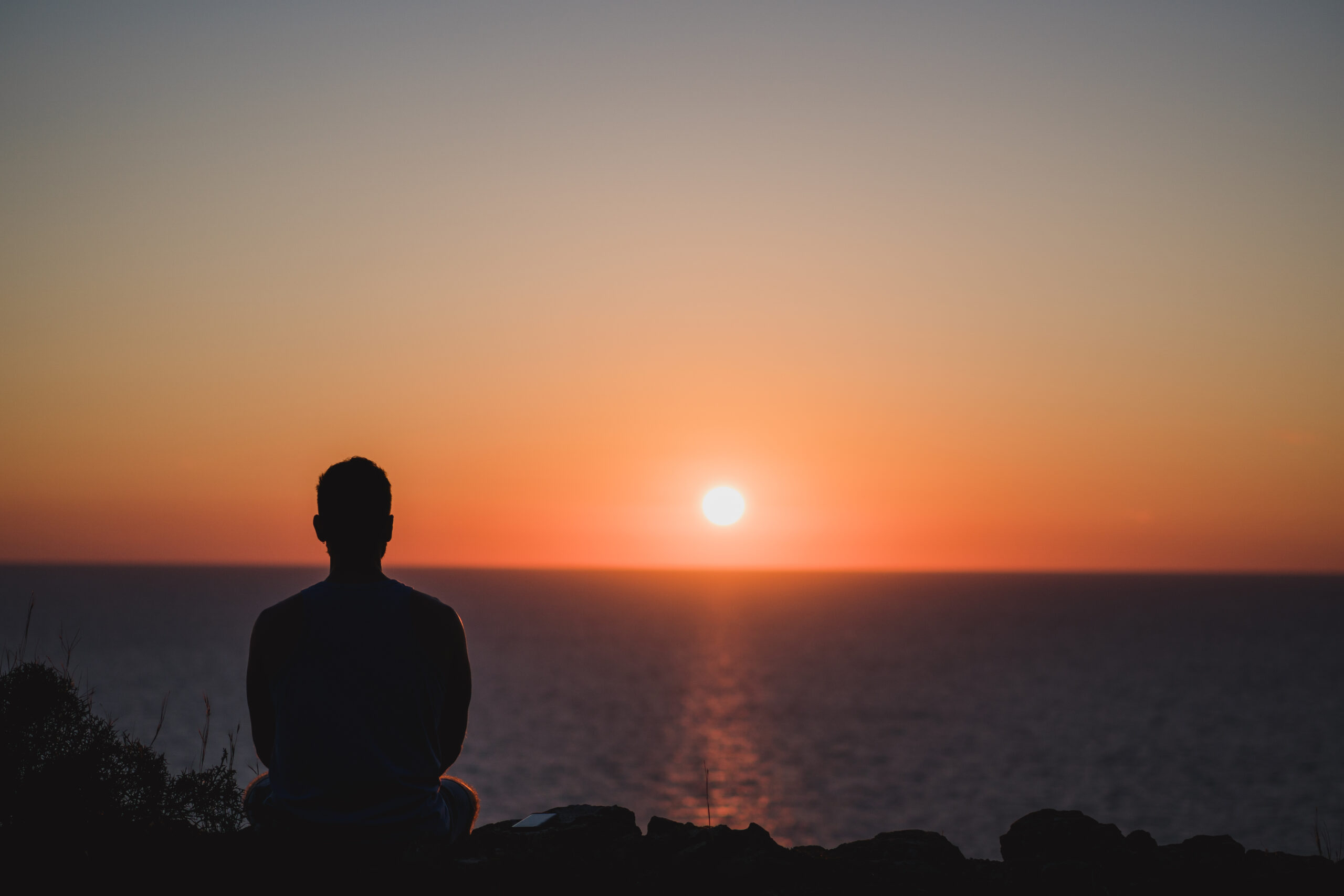Yoga is an ancient practice that originated in India over 5,000 years ago. It’s a combination of physical exercise and mental training that can help you improve your overall health and well-being. Whether you’re looking for stress relief or weight loss, yoga has something to offer everyone. But if you’ve never done yoga before, starting a routine can be intimidating. In this article, we’ll explore the basics of yoga, its benefits, and how to start a routine as a complete novice.

What is Yoga and How Can it Benefit You?
Yoga is a holistic approach to fitness that combines physical postures (asanas), breathing techniques (pranayama), meditation, and relaxation. The goal of yoga is to unite mind, body, and spirit to achieve balance and harmony within oneself. Some of the many benefits of practicing yoga include improved flexibility, strength, and balance, reduced stress and anxiety, better sleep quality, and increased self-awareness.
Should Christians Practice Yoga? A Look at the Debate
There has been some debate among Christians about whether or not they should practice yoga due to its Hindu roots. However, many Christian leaders have come out in support of yoga as long as it’s approached from a secular perspective and used as a tool for physical and emotional healing rather than religious purposes. Ultimately, it’s up to each individual to decide what works best for them.
From Zero to Zen: Starting a Yoga Routine as a Complete Novice
If you’re new to yoga, don’t worry! Starting a routine doesn’t have to be scary. Here are some tips for getting started:
1. Start with beginner classes: Many studios offer classes specifically designed for beginners. These classes will teach you the basic poses and provide modifications for those who need them.
2. Try online videos: There are plenty of free yoga videos available on YouTube and other websites. This is a great option if you prefer to practice at home or don’t have access to a studio.

3. Take it slow: Remember, yoga isn’t a competition. Don’t push yourself too hard, especially if you have any injuries or medical conditions. Listen to your body and go at your own pace.
4. Focus on your breath: One of the most important aspects of yoga is controlling your breath. Make sure to focus on your breath throughout your practice to help calm your mind and reduce stress.
The Mental Health Benefits of Yoga for Beginners
One of the biggest benefits of yoga for beginners is the positive impact it can have on their mental health. Studies have shown that regular yoga practice can help alleviate symptoms of depression, anxiety, and stress. Additionally, yoga can increase feelings of happiness and well-being by releasing endorphins and reducing cortisol levels.
Common Misconceptions About Yoga That Keep People from Trying It
Despite its growing popularity, there are still some misconceptions about yoga that keep people from trying it. Here are a few common myths debunked:
1. Yoga is only for women: While yoga does tend to attract more female participants, men can benefit just as much from practicing yoga.
2. You have to be flexible to do yoga: Actually, quite the opposite! Doing yoga regularly can help improve your flexibility and range of motion.
3. Yoga is boring: If you think yoga is boring, then you haven’t tried it yet! With so many different styles and variations, there’s bound to be a type of yoga that suits your personality and interests.
Building Your Own Home Yoga Practice on a Budget
If you’d like to build your own home yoga practice but aren’t sure where to start, here are some tips for building a budget-friendly practice:
1. Use online resources: As mentioned earlier, there are plenty of free yoga videos available online. Check out YouTube or websites like Yoga with Adriene for tons of options.
2. Invest in a good mat: While you don’t necessarily need expensive equipment to practice yoga, investing in a high-quality yoga mat can make all the difference. Look for one that provides cushioning and traction without breaking the bank.
3. Create a dedicated space: Set aside a corner of your living room or bedroom as your designated yoga space. Having a quiet, clutter-free area can help you stay focused during your practice.
In conclusion, yoga is a wonderful way to improve both your physical and mental health. Even if you’re a complete novice, there are plenty of ways to get started and build your own home practice. So why wait? Get started today and experience the transformative power of yoga for yourself!
